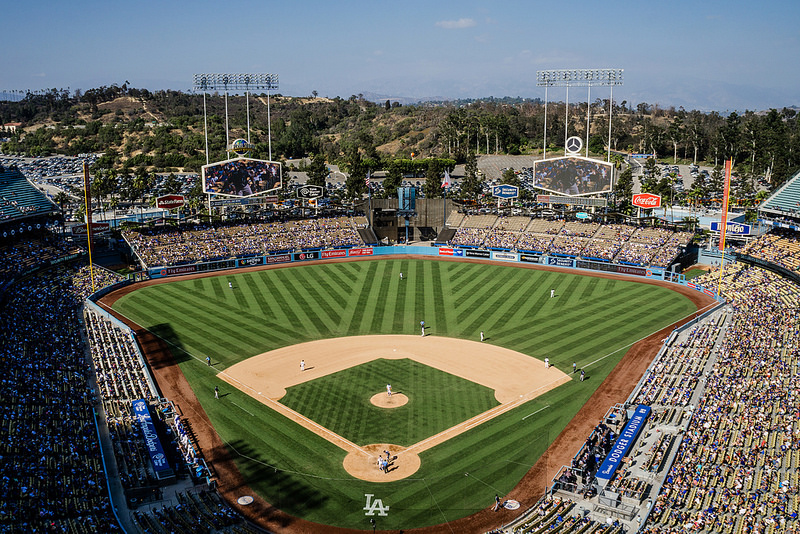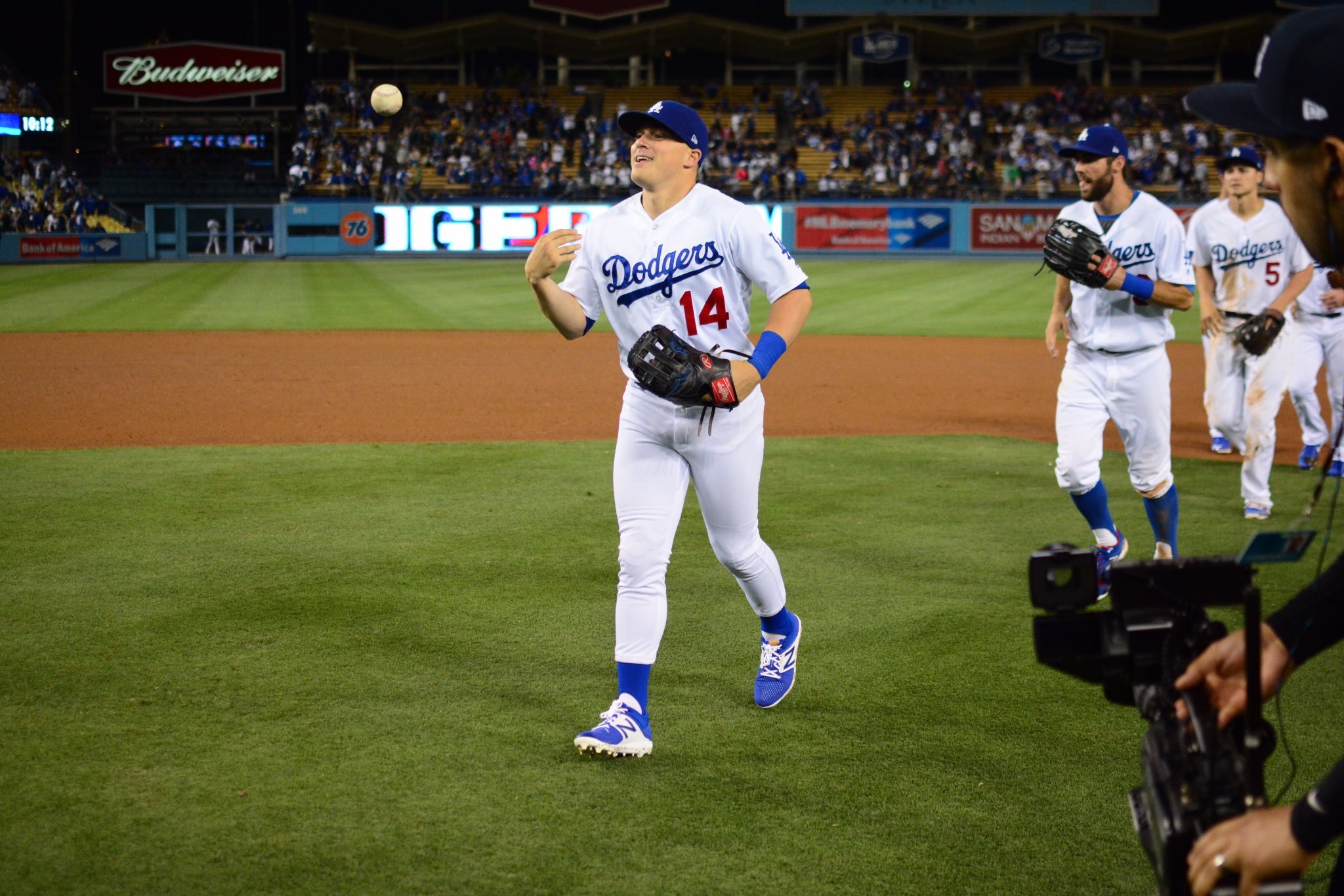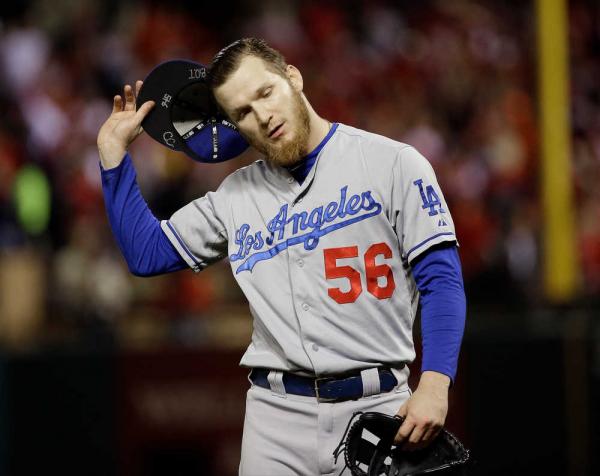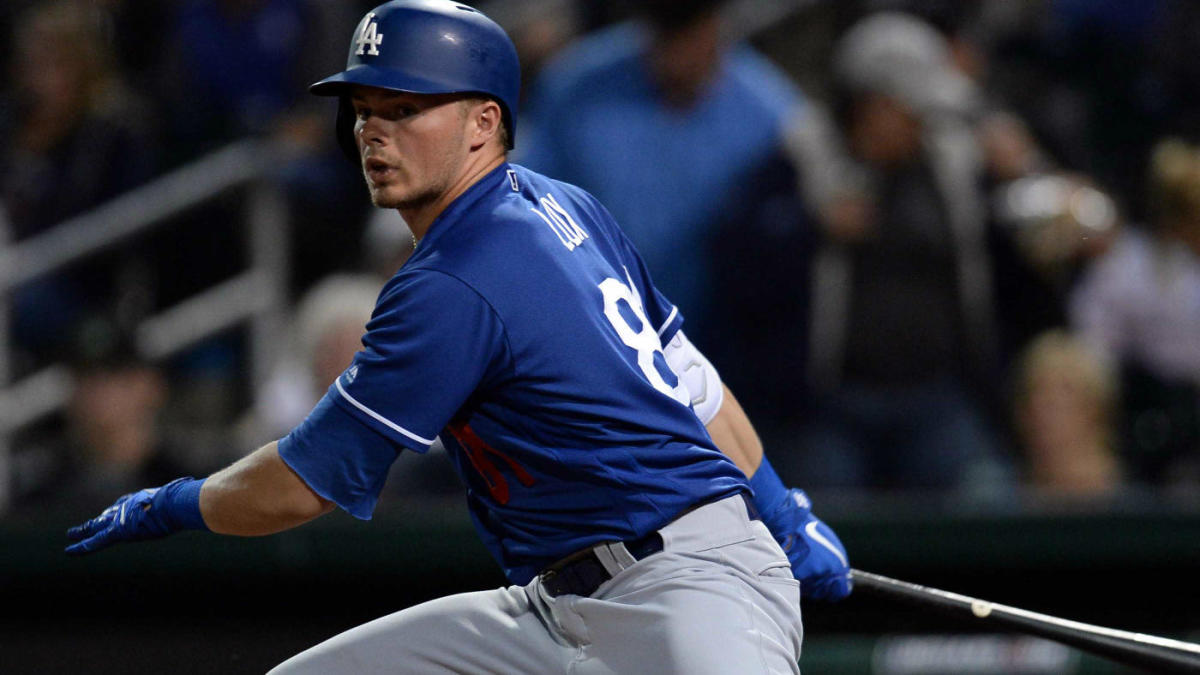Baseball isn’t just a game — it’s an experience. The smell of fresh-cut grass at Dodger Stadium, the crack of the bat, the rhythm of the innings — it all creates something uniquely American, uniquely timeless. While modern sports are speeding up, growing louder, and leaning heavily on analytics, baseball remains, in many ways, the heartbeat of tradition.
That’s not to say baseball is stuck in the past. The Dodgers, for instance, are masters at blending old-school instincts with new-school data. Exit velocity, spin rate, launch angle — all have become part of everyday conversation. But unlike other sports, where numbers often dominate headlines, baseball still leaves space for the gut feeling. The human side matters just as much as the math.
Baseball’s Relationship with Statistics
Baseball has always had a love affair with numbers. From batting averages to WAR (Wins Above Replacement), stats are woven into the fabric of the sport. But they’ve never been just about math — they’re about storytelling. A stat tells you more than just performance; it reminds you of a moment. That perfect game. That walk-off homer. That wild ninth inning in October.
Interestingly, fans of other sports are beginning to view statistics the way baseball fans always have. In football, for instance, people are now analyzing expected goals (xG), pass completions under pressure, and player heatmaps. These football statistics are giving fans a deeper appreciation of the game, just as WHIP and OBP once transformed baseball analysis.
The Dodgers: A Case Study in Balanced Success
Look at the Dodgers over the past decade. Their front office has become a symbol of balance — they use cutting-edge metrics, sure, but they also trust their scouts, their coaches, and their players. This approach has helped the Dodgers stay near the top year after year, even while navigating injuries, retirements, and postseason heartbreak.
They don’t just rely on what’s measurable. They value chemistry, timing, and momentum — things that can’t be captured by a spreadsheet. And that’s what separates a good organization from a great one.
Why Baseball Still Feels Different
There’s a reason people cry when they hear Vin Scully’s voice, or why a father brings his son to a ballpark even when the team’s not winning. Baseball is personal. It’s patient. It teaches us how to wait, how to lose, and how to believe. It’s not just about speed — it’s about rhythm. Not just about stats — but moments.
In a world of constant stimulation, baseball gives us room to breathe. While football and basketball race forward, baseball let’s us reflect. Maybe that’s why it’s still called “America’s pastime” — not because it’s old, but because it understands the value of time.




